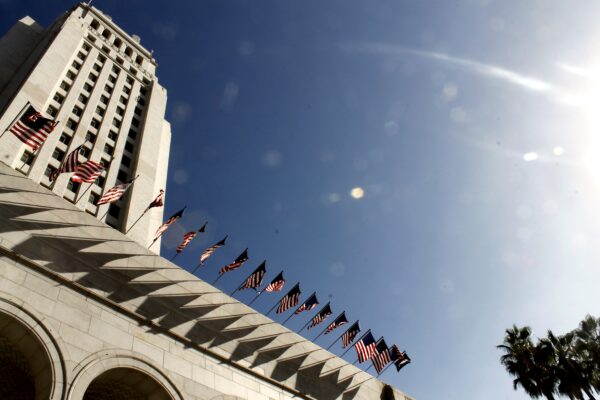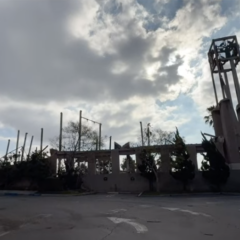Politicians are elected to represent all of their constituents, not just those who voted for or supported them. They should be fair-minded and not traffic in exclusionary or discriminatory practices, or promote ideas and actions that denigrate citizens of different social groups.
The racist comments made in the conversation between four Los Angeles city leaders are morally reprehensible. Their bigotry reflects a desire to divide and disenfranchise the communities the council members were elected to serve.
In his response to the leaked recording of the exchange, Councilmember Mike Bonin ended his speech at the Los Angeles City Council meeting on October 11 expressing “hope” and “faith” that multiracial coalitions could bring change in Los Angeles.
Since the civil unrest of 1992, the USC Center for Religion and Civic Culture has followed the multifaith and multiracial coalitions that seek to heal Los Angeles’ many fractures and address the inequities that fuel simmering tensions. Our report on the 30th anniversary of the civil unrest points to themes from this research that remain relevant today, and identifies the “next generation” of leaders—a number of whom we saw at City Hall this week.
As in 1992, faith leaders have once again stepped forward in this current political crisis to amplify marginalized voices in their communities and hold elected officials accountable for their actions. Accountability, in this instance, means that the will of the people who were maligned by politicians elected to serve them should guide the resolution to the crisis.
In the long term, our city needs a strategy through which all people can be confident that their rights will be protected, that they have access to power and resources, and that their voices will be heard.
This crisis presents us with an opportunity to face the real problems underneath our idealized vision of the “City of Dreams.” Faith leaders can play a pivotal role in helping us realize that vision by providing a moral agenda that can guide us toward it.
Through our research and training programs, CRCC convenes, works with and learns from faith and community leaders as they address our city’s entrenched divides. We remain committed to working together with leaders of Los Angeles’ diverse communities to help our city uphold its ideals of pluralism.
To learn more about our work and find ways to work together, please sign up for our newsletter or reach out.
Photo credit: Neon Tommy/Flickr





